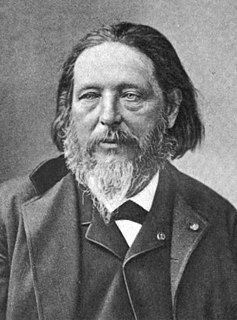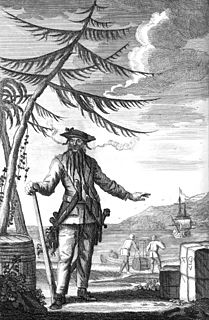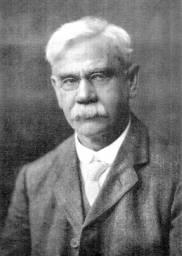A Quote by Ernst Mach
Man is pre-eminently endowed with the power of voluntarily and consciously determining his own point of view.
Quote Topics
Related Quotes
The optimist is right. The pessimist is right. The one differs from the other as the light from the dark. Yet both are right. Each is right from his own particular point of view, and this point of view is the determining factor in the life of each. It determines as to whether it is a life of power or impotence, of peace or of pain, of success or of failure.
From a human point of view, the difference between the mind of a human and that of a mountain goat is wonderful; from the point of view of the infinite ignorance that surrounds us, the difference is not impressive. Indeed, from that point of view, the goat may have the better mind, for he is more congenially adapted to his place, and he would not endanger his species or his planet for the sake of an idea.
We are perhaps too near the age of transition to see clearly the interplay of all that made for progress. Each of us has had his own peculiar training, his own personal contact with the mighty ones of the immediate past; and this forms as it were a telescopic tube determining limits to our field of vision. No doubt we may range the whole horizon; but after all we look from our own point of vantage.



































